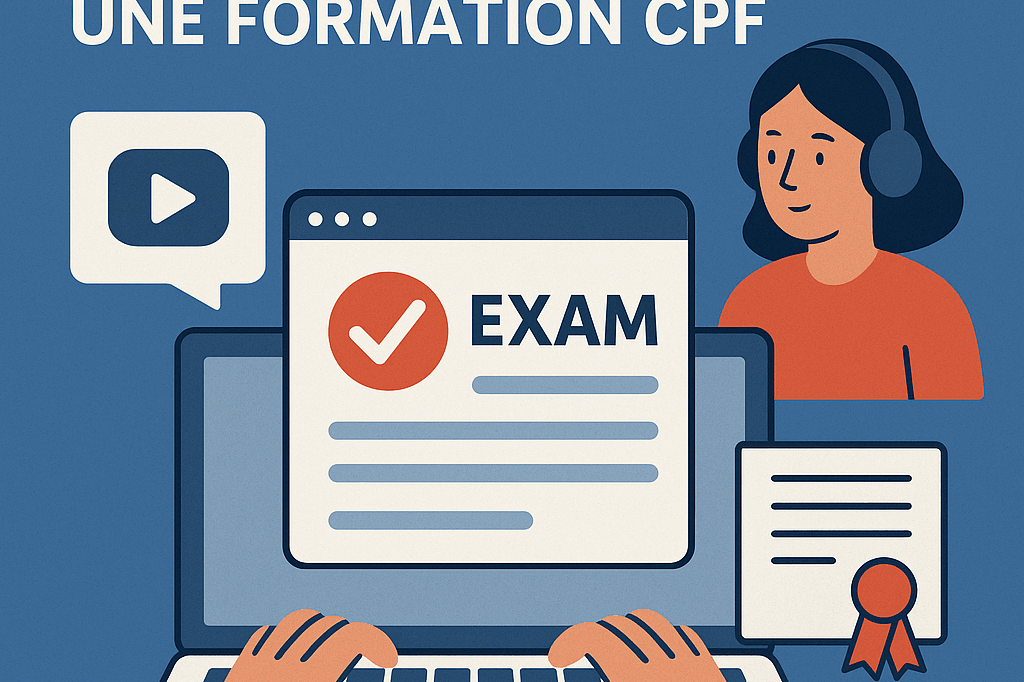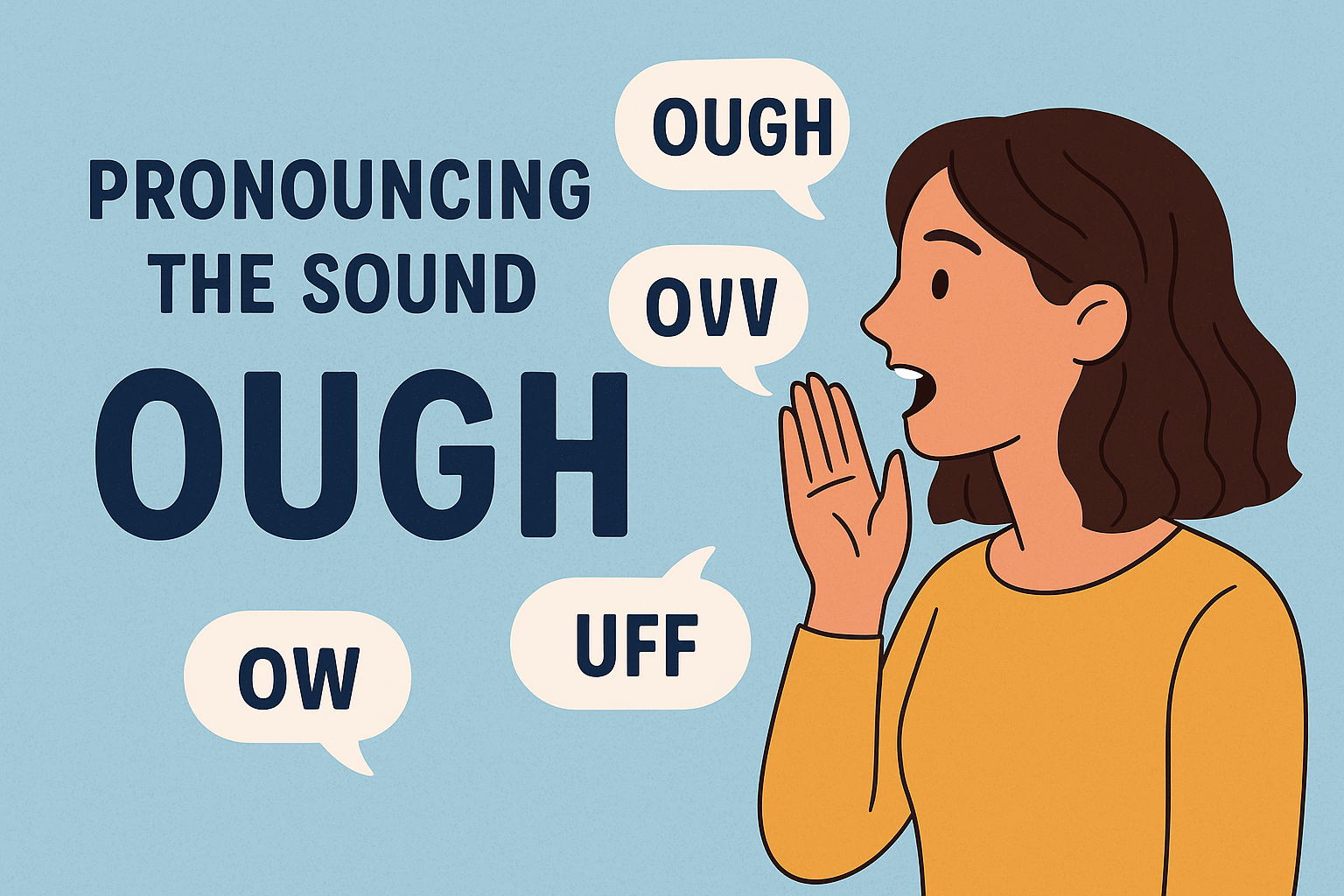It’s sometimes known as ELF, BELF (which stands for Business English as a Lingua Franca) or Global English.
What is it exactly? Well, did you know that there are around 378 million native English-speakers in the world, but there are around 1 billion people who speak English as a second or foreign language! Crazy huh? Because of the huge number of people speaking English for work or for travel or whatever they need it for, a new kind of English has emerged, which is English as a Lingua Franca.
Think about a situation you might have been in yourself. Maybe you’re French and you have a meeting with two colleagues: one is Spanish and one is German. What language do you speak? There’s a 99% likelihood that you all spoke English. Did you speak English like a British person? Probably not, but you were all able to understand each other and communicate the messages you wanted to say.
If you’re using English as a Lingua Franca, you don’t need to worry so much about putting the -s on the 3rd person singular, or using strange tenses like the past perfect or the present perfect (which by the way, Americans really don’t use that much either.) Knowing whether to say « I look forward to meeting you » or « I look forward to meet you » doesn’t matter.
All languages evolve, it’s a natural process, and with so many people using English, English is evolving at a very fast rate into two forms: English spoken by « native speakers » and English used by the rest of the world. In the end, which one is more useful?
In my opinion, no one owns English. It doesn’t belong to the British or the Americans anymore, it’s owned and used by the whole world and we have to be aware of this. I think « native speakers » who are working internationally need to learn how to communicate effectively in global English, as very often the people that no one in the meeting can understand is the British person, not the French, Spanish or German speaking English.
And for you dear reader, it means that grammar is not what you should be focussed on. Yes, you need to make sense when you speak, but you don’t need to sound like your British teacher. You should be able to communicate your message clearly, with good pronunciation and the right choice of vocabulary, and you should be able to understand the person you are talking to. You also need to make sure you can explain something if it wasn’t clear the first time or if you don’t know the word, and ask the person you’re talking to for clarification.
If you want to know more about this topic, here’s a video I made with a friend of mine.
Encore plus de post ici
Comment prononcer « OUGH » en anglais ?
17 juillet 2025



